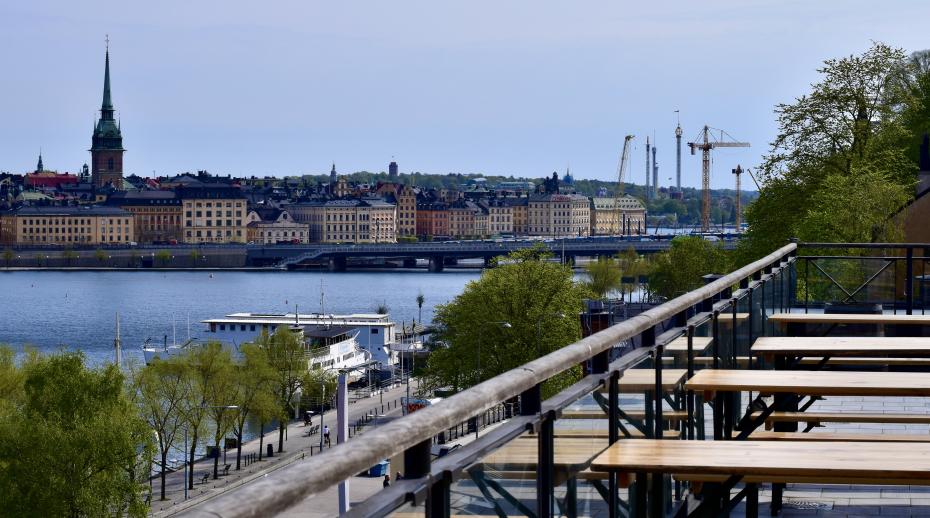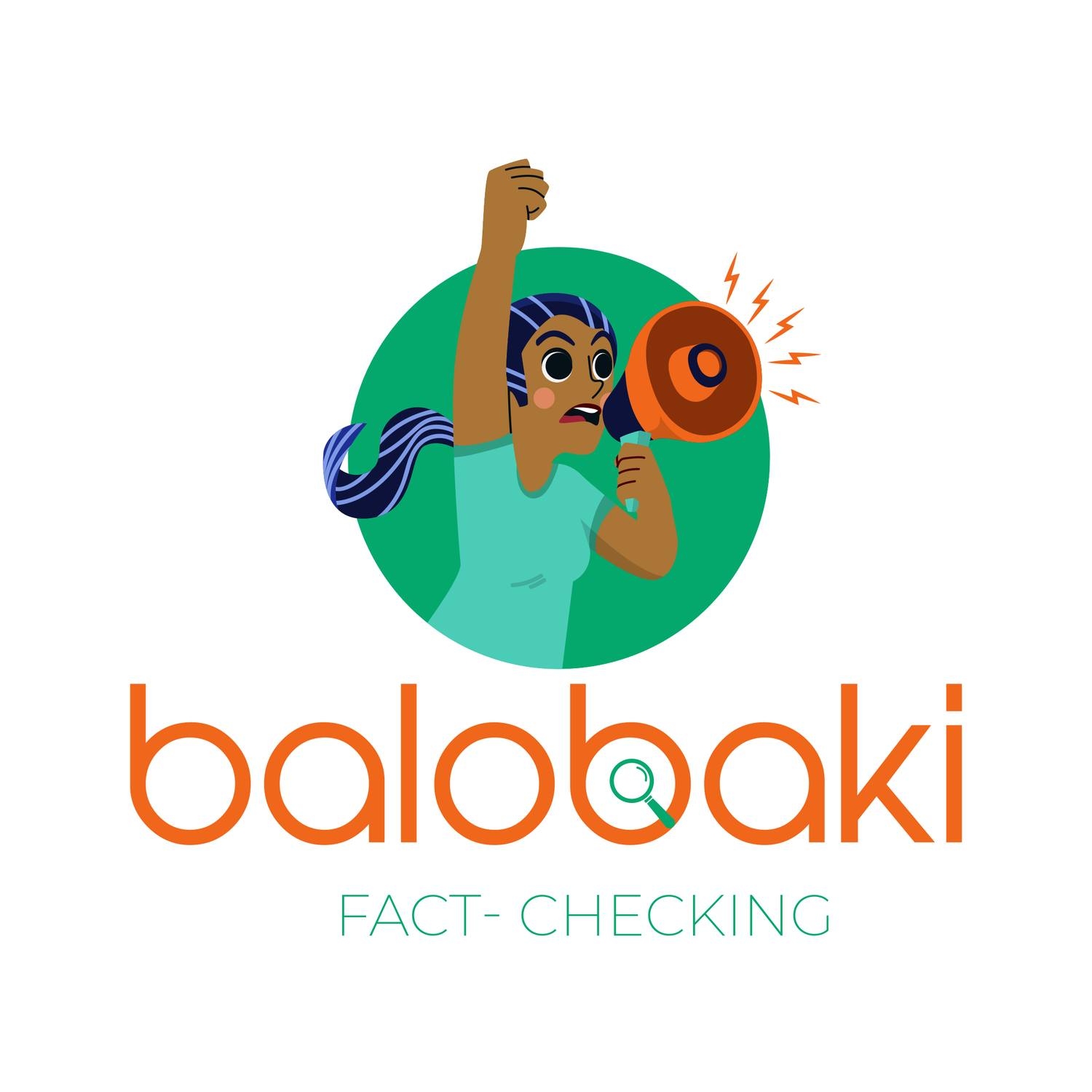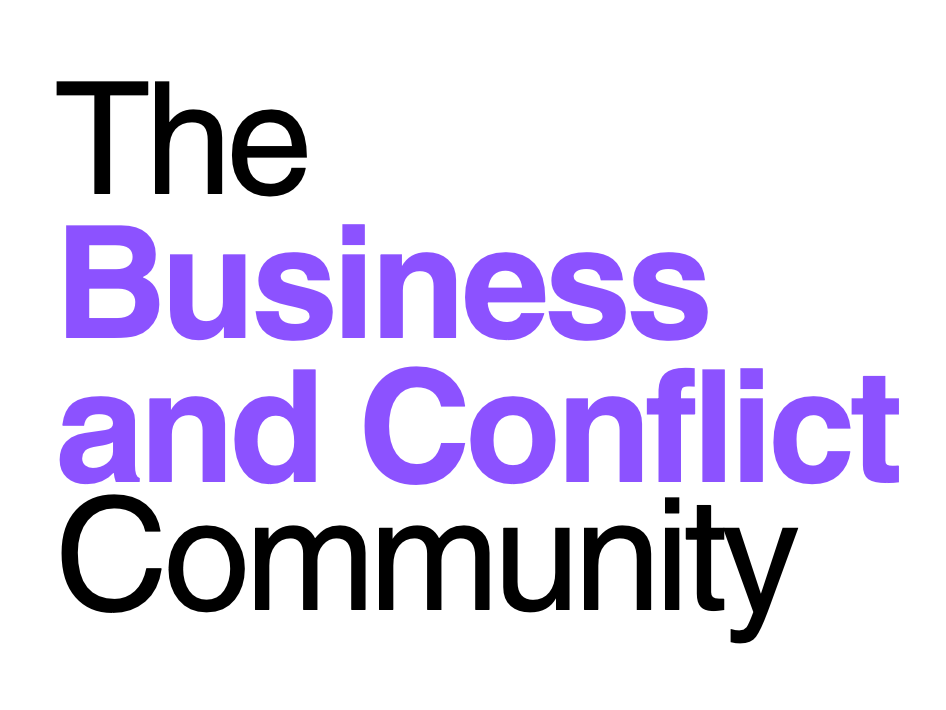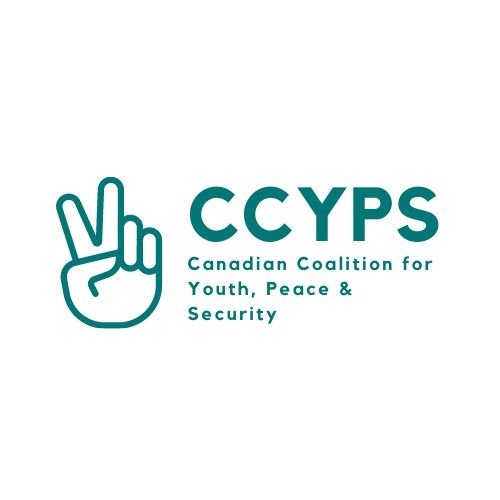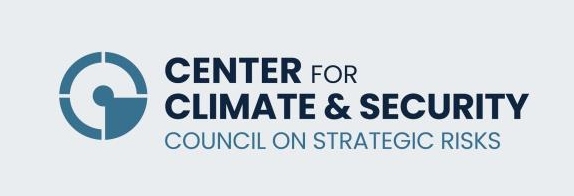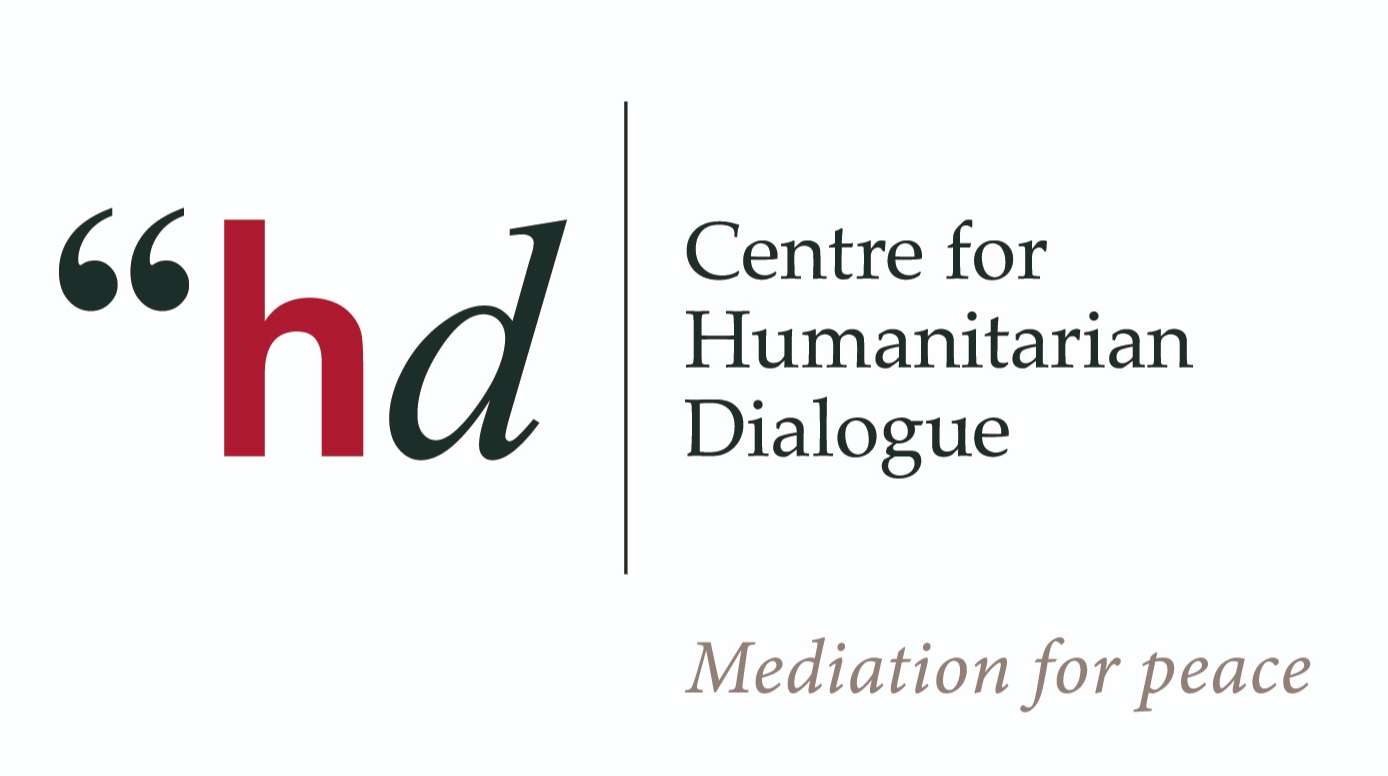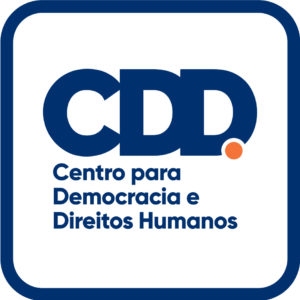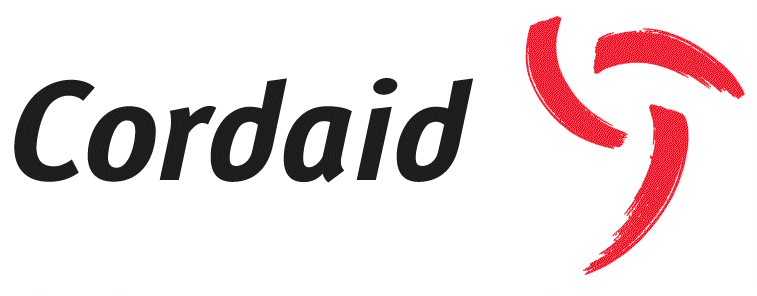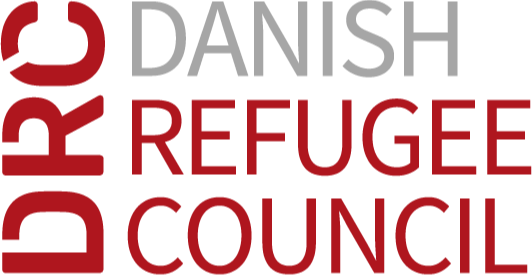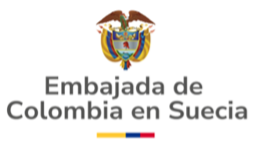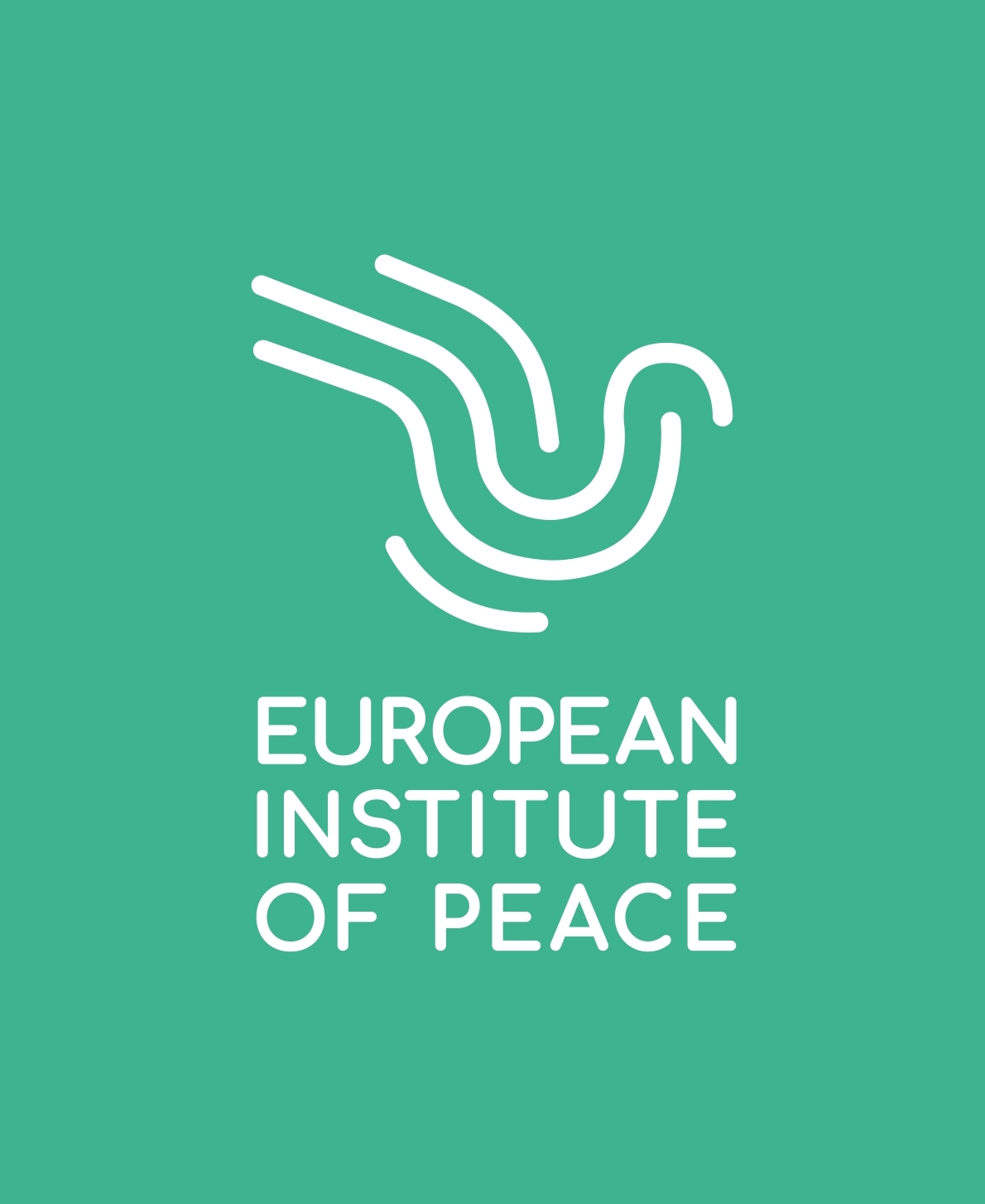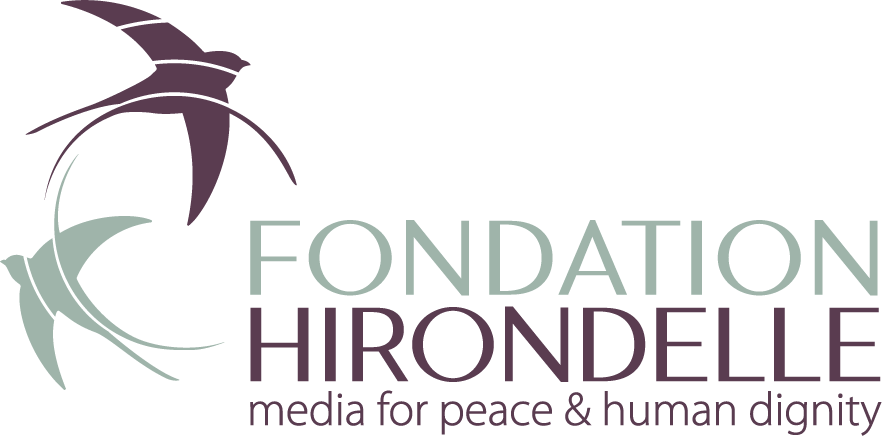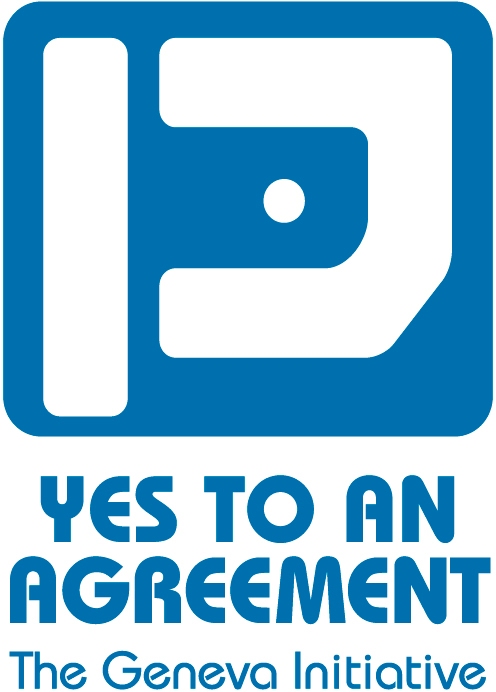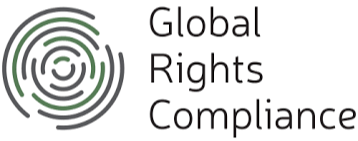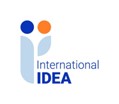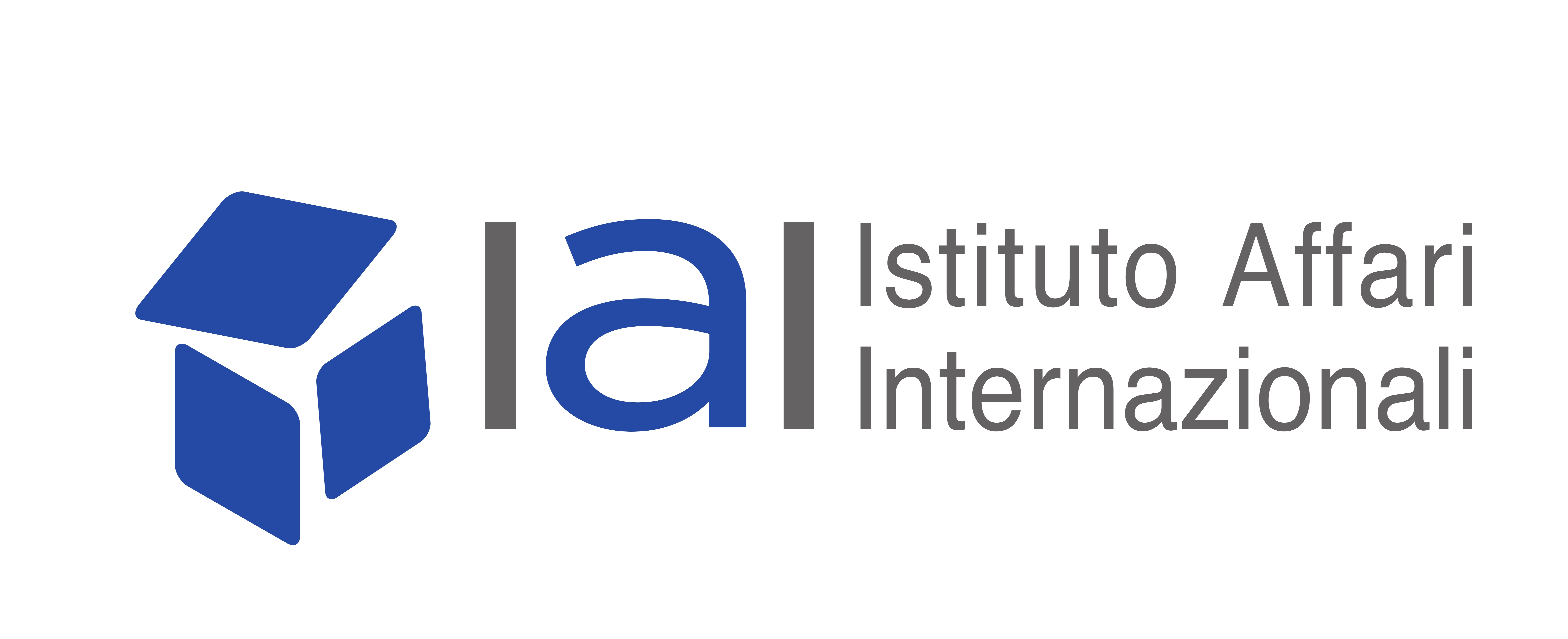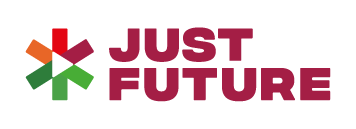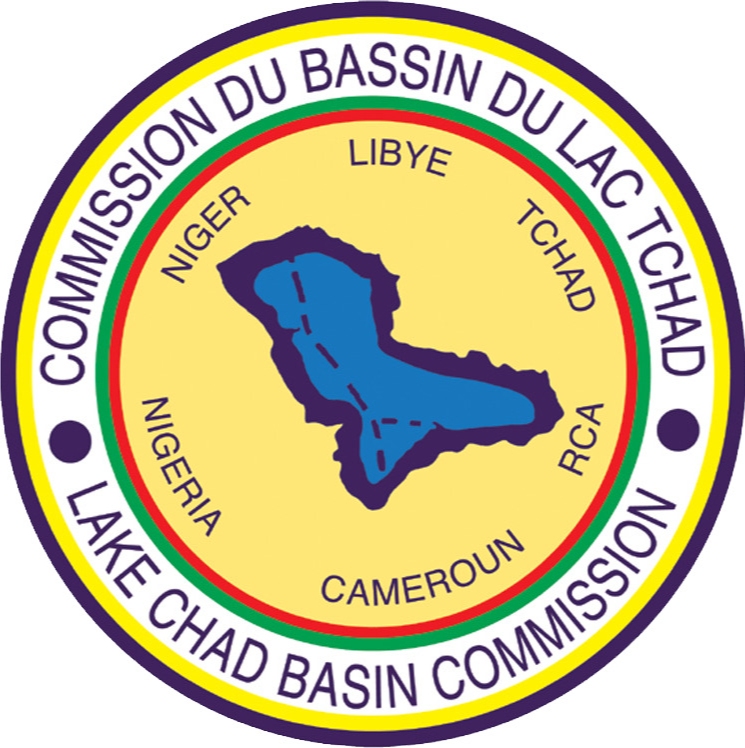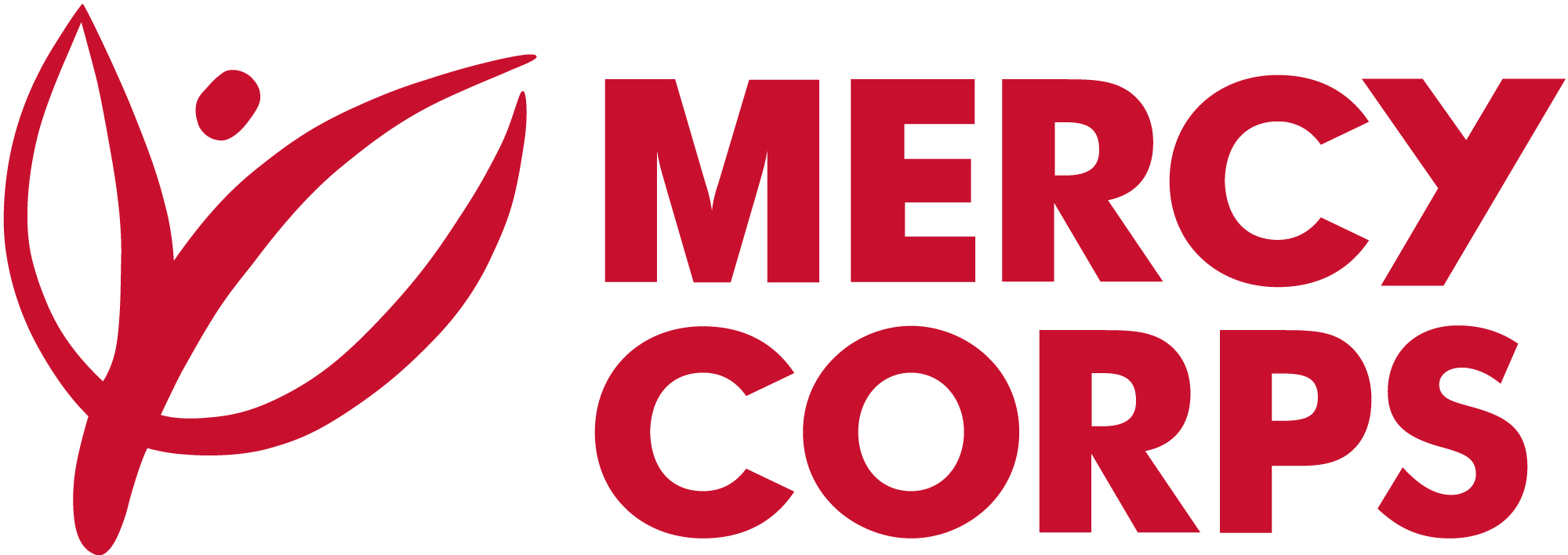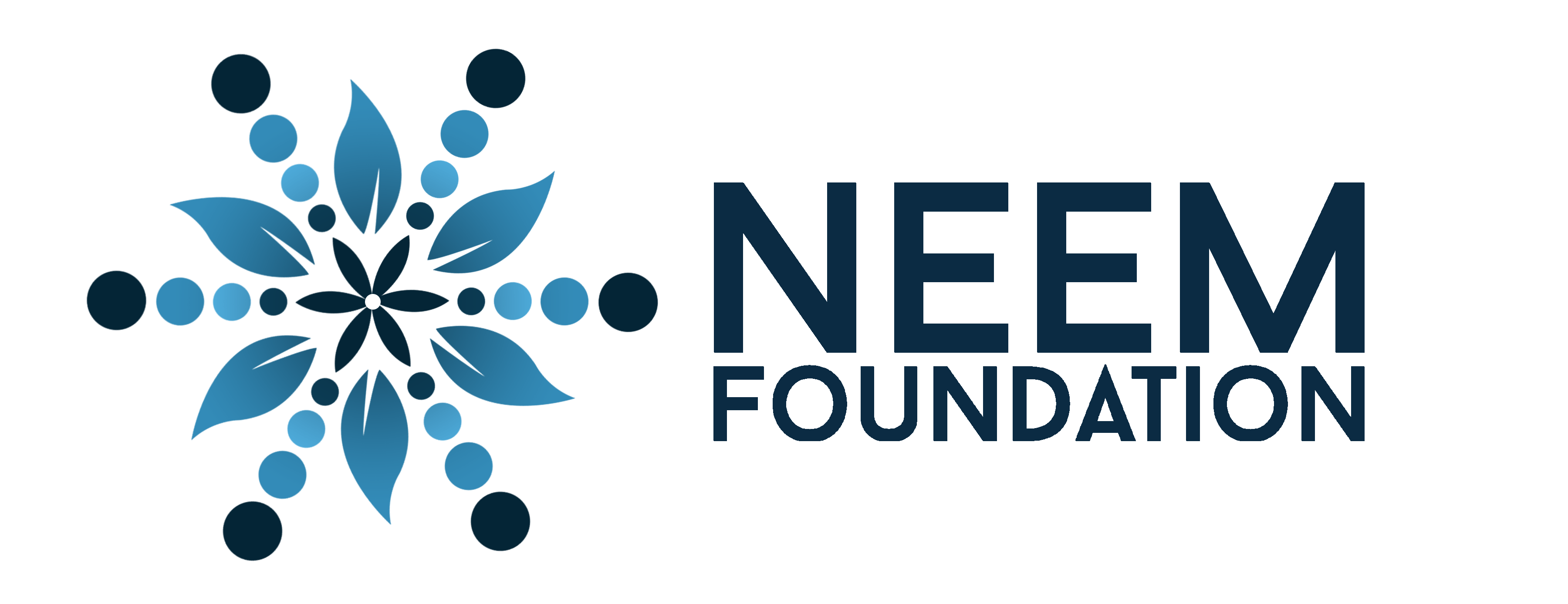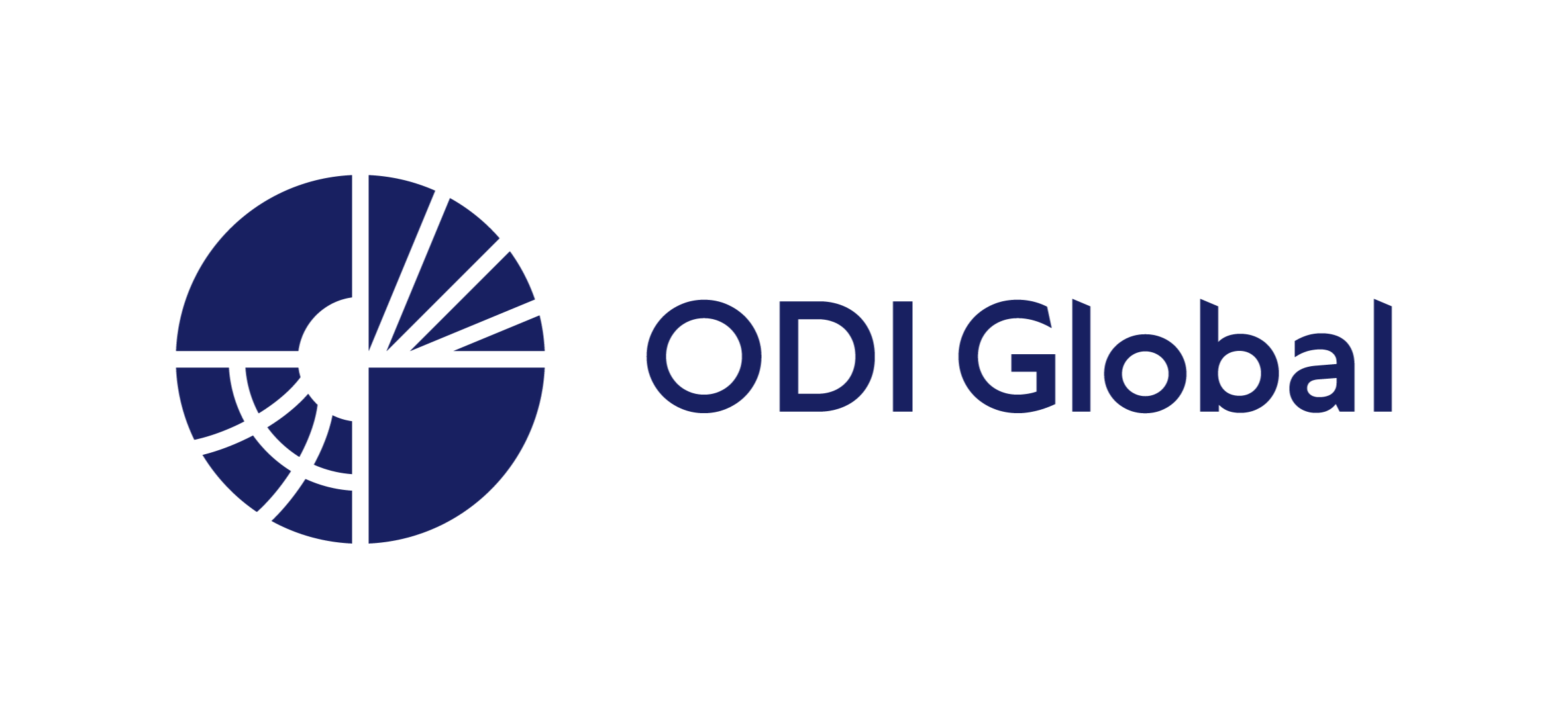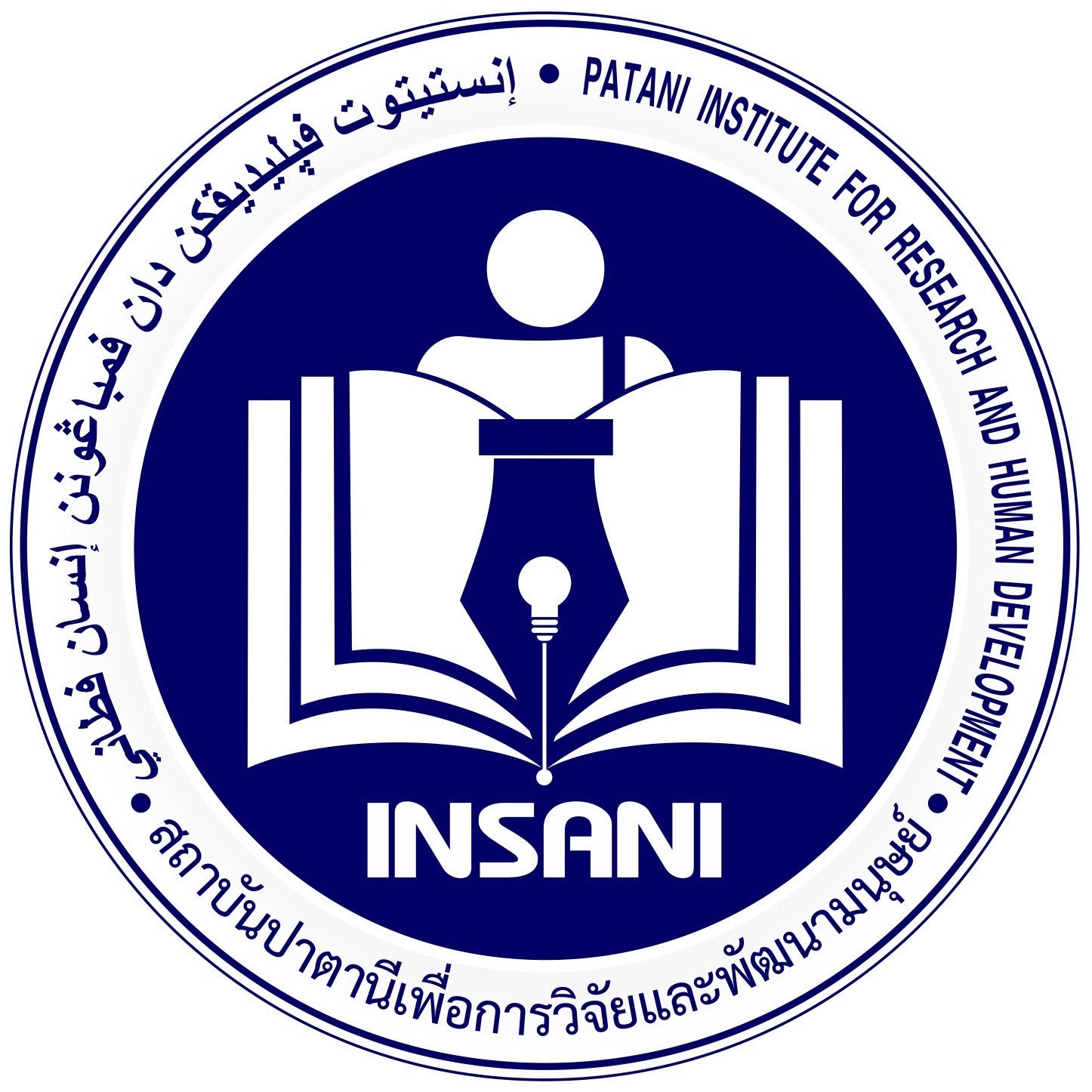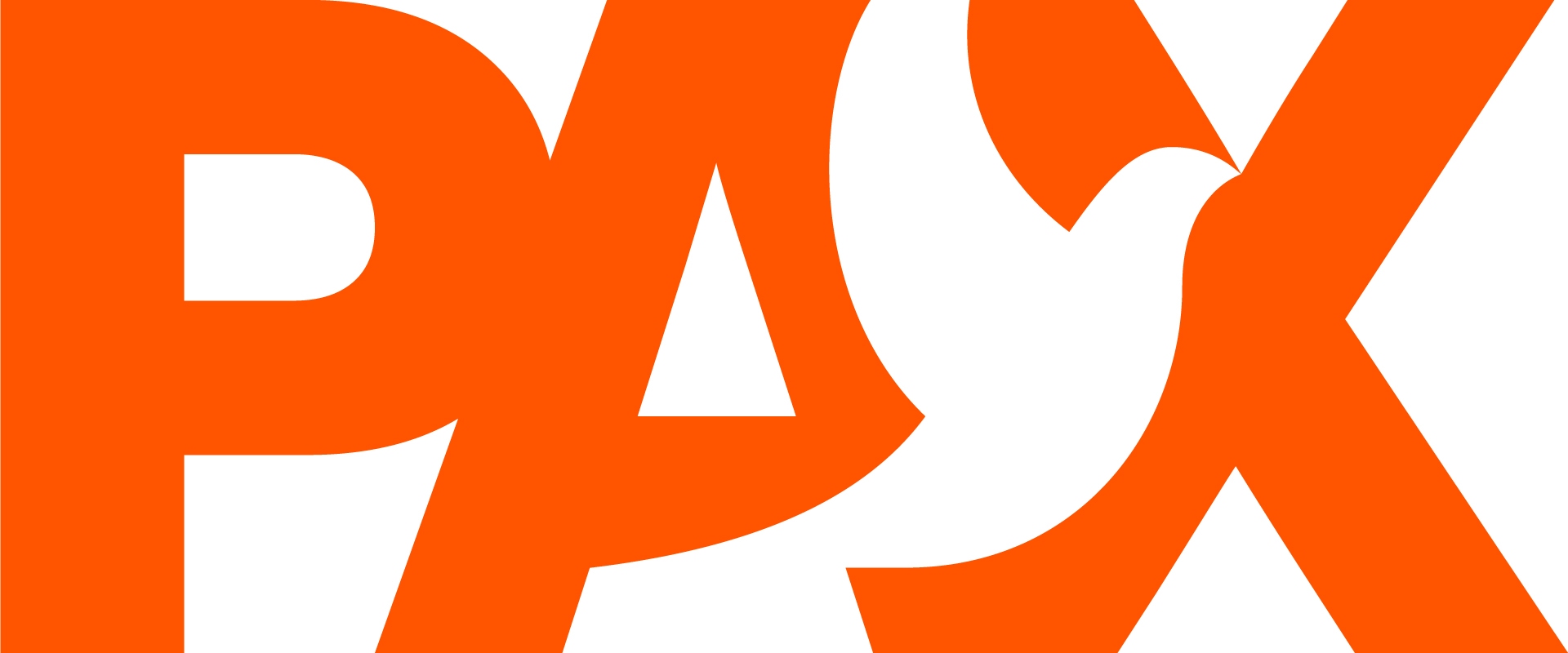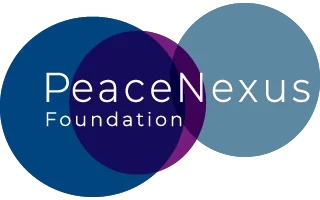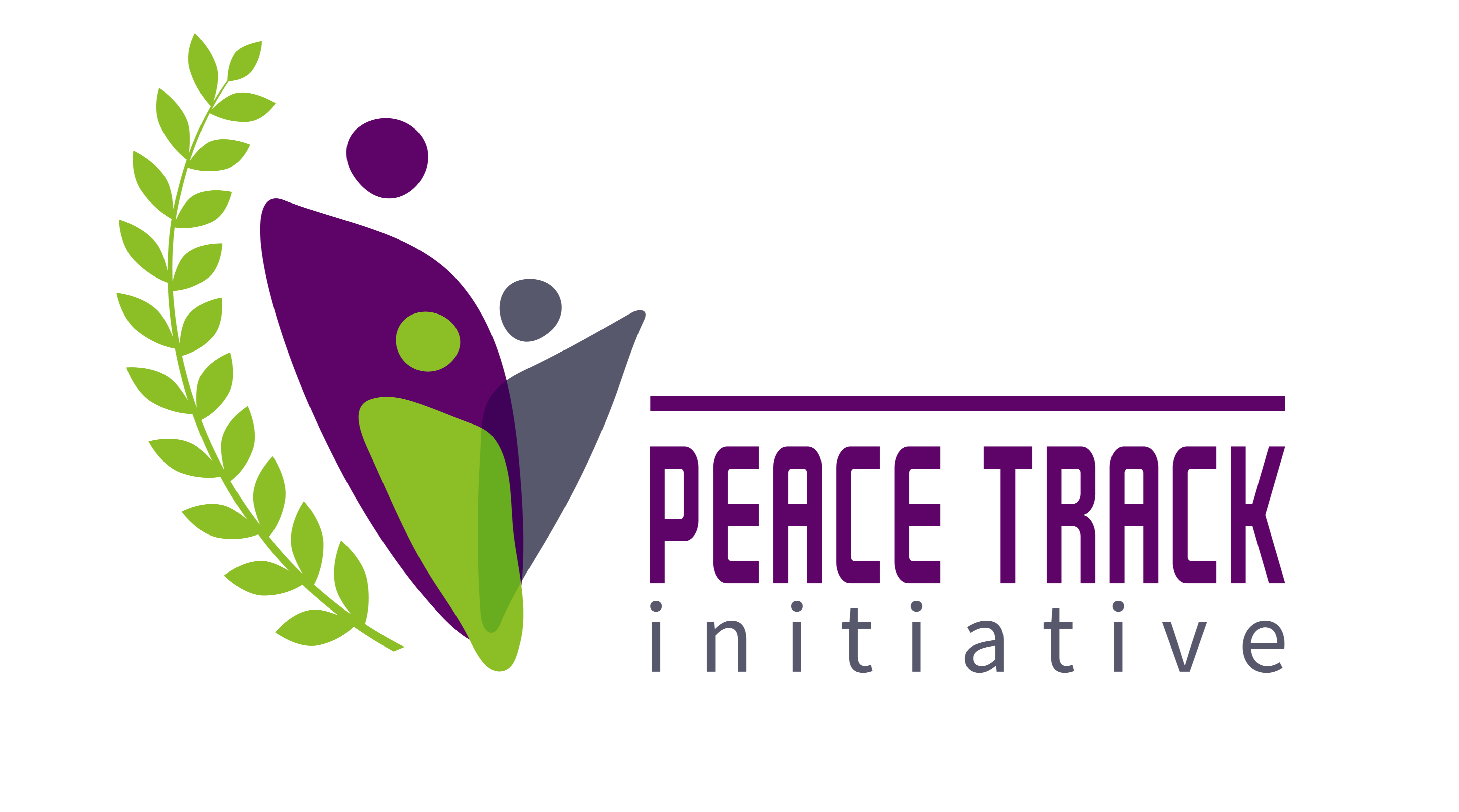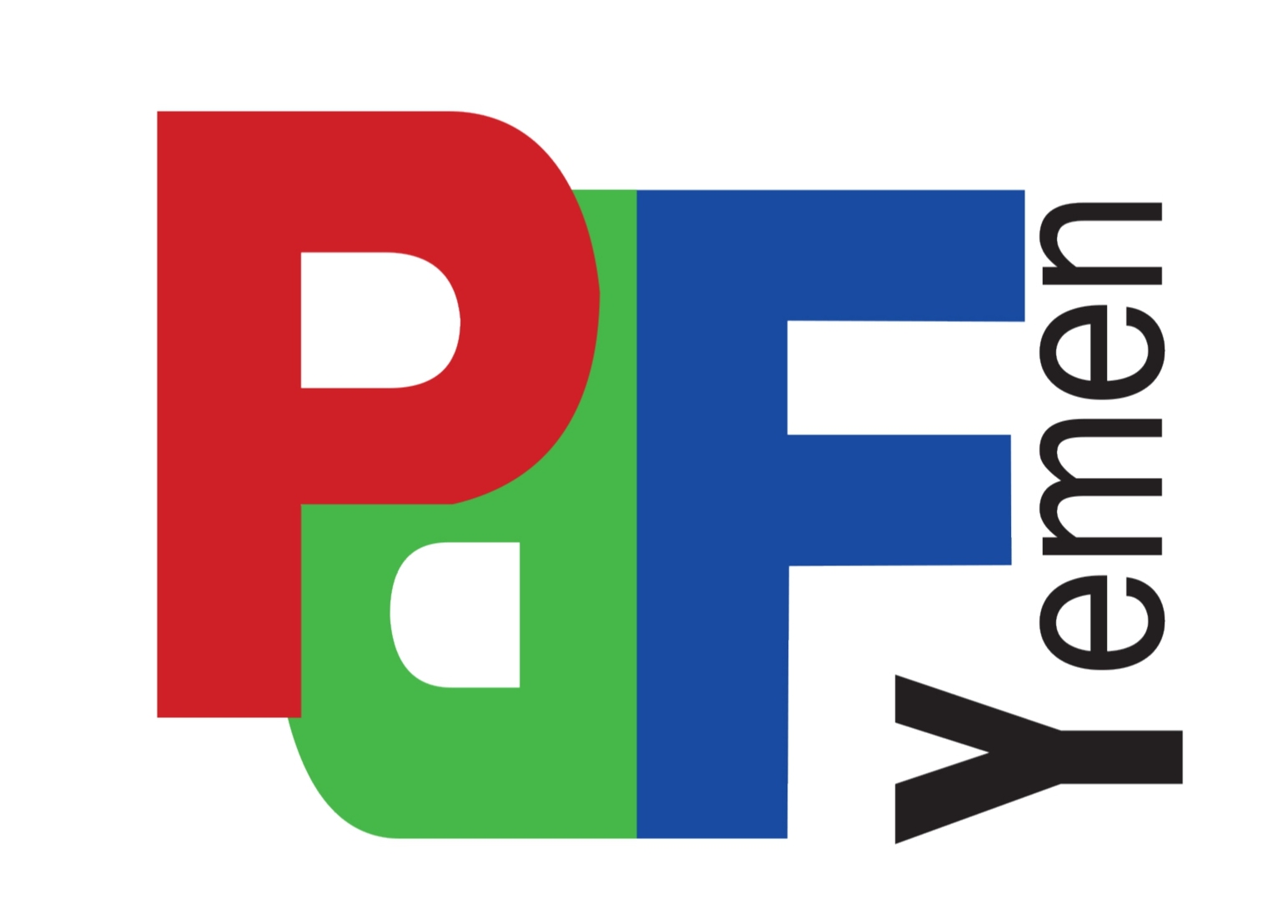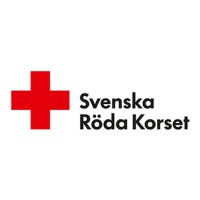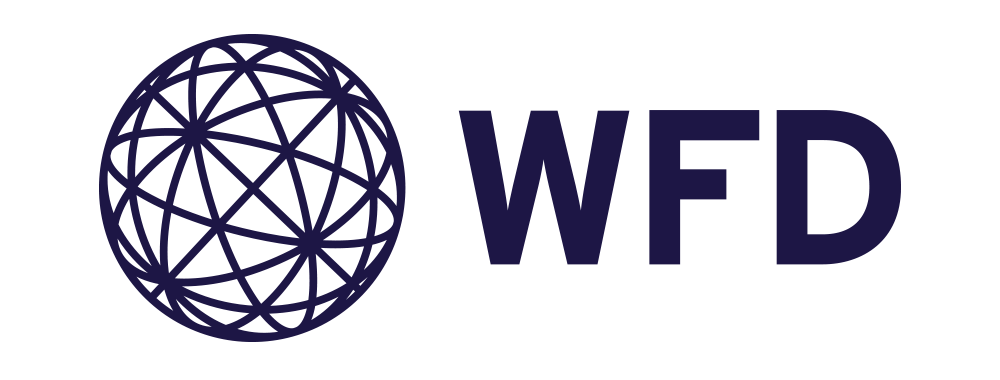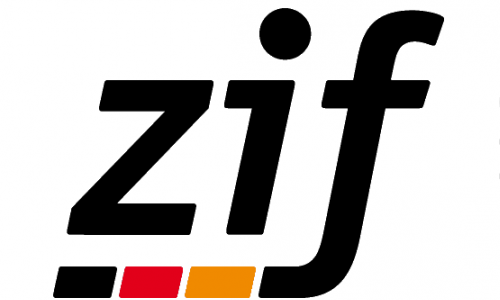The 2025 Stockholm Forum is hosted by SIPRI, co-convened with the Folke Bernadotte Academy (FBA) and with the Swedish International Development Agency (Sida).
SIPRI would like to thank our co-convenors and the following partner organizations for making the Forum possible.
Co-convenors
The Folke Bernadotte Academy (FBA)
The Folke Bernadotte Academy (FBA) is the Swedish government agency for peace, security and development. FBA supports international peace operations and international development cooperation. The agency conducts training, research and method development in order to strengthen peacebuilding and statebuilding in conflict and post-conflict countries. We also recruit civilian personnel and expertise for peace operations and election observation missions led by the EU, UN and OSCE. The agency is named after Count Folke Bernadotte, the first UN mediator.
Sida
Sida is Sweden's government agency for development cooperation. We strive to reduce poverty and oppression around the world. In cooperation with organisations, government agencies and the private sector we invest in sustainable development for all people.
Partners
The Abdul Latif Jameel Poverty Action Lab
The Abdul Latif Jameel Poverty Action Lab (J-PAL) is a global research center working to reduce poverty by ensuring that policy is informed by scientific evidence. Anchored by a network of more than 1,000 researchers at universities around the world, J-PAL conducts randomized impact evaluations to answer critical questions in the fight against poverty.
J-PAL co-founders Abhijit Banerjee and Esther Duflo, with longtime affiliate Michael Kremer, were awarded the 2019 Nobel Prize in Economics for their pioneering approach to alleviating global poverty.
Adelphi
adelphi is Europe's leading independent think-and-do tank for climate, environment and development. We are some 330 strategists, thought leaders and practitioners working at the local and global levels to find solutions to the most urgent political, economic and social challenges of our time. As a policy consultancy, we support a just transition towards carbon neutrality and sustainable, liveable societies. Our work is grounded in transdisciplinary research, evidence-based consulting and stakeholder dialogues. With these tools we shape policy agendas, facilitate political communication, inform policy processes and support decision-makers.
Balobaki
Balobaki Check is a non-partisan organisation that aims to strengthen democracy ensuring the accuracy of information in the public arena in the Democratic Republic of Congo. We work towards this aim through training for journalists, media education and quality content to combat hate messages and fake news.
Berghof Foundation
Berghof Foundation is an independent, non-governmental and non-profit organisation, founded in 1971, located in Berlin, Germany. We support people in conflict in their efforts to achieve sustainable peace through conflict transformation and peacebuilding. Grounded in a nexus of practice, learning, education and research, our work spans many regions and societies, encompassing conflicts between and within states, whether new or entrenched. Our work is underpinned by the principles of partnership, inclusivity, sustainability and local ownership.
The Business and Conflict Community
The Business and Conflict: Community of Practice is a network of professionals from diverse institutions focused on promoting responsible business practices in conflict-affected areas.
Members of the Business and Conflict Community contribute varied perspectives and expertise to the group. Having a shared community provides a basis for convening, exchange, coordination, and relationship building, strengthening the work of each community member and enabling a greater collective impact. Together, community members co-create research findings, policy and normative frameworks, and other building blocks towards a global conflict-sensitive business environment.
The Canadian Coalition for YPS (CCYPS)
The Canadian Coalition for YPS (CCYPS) is a network of individuals and organizations working or interested in Youth, Peace and Security with the primary purpose of uplifting each others’ work, advocacy and research. The CCYPS platform fosters a collaborative space for Canadian young people and allies to share and exchange resources and opportunities to better engage in the United Nations’ Youth, Peace and Security Agenda locally, nationally and globally.
Center for Civilians in Conflict (CIVIC)
Center for Civilians in Conflict envisions a world in which no civilian is harmed in conflict. CIVIC supports communities affected by conflict in their quest for protection and strengthens the resolve and capacity of armed actors to prevent and respond to civilian harm.
The Center for Climate and Security
The Center for Climate and Security is a solutions-oriented, bridge-building research institute focused on tackling systemic climate and ecological security risks.
We break down silos across disciplines to ensure climate change considerations are integrated into security policies and security concerns are integrated into climate policy, both in the United States and countries around the globe. We facilitate interdisciplinary policy development, conduct groundbreaking research and analysis, and host resources and communities of practice on the intersection of climate change and security challenges.
The Centre for Humanitarian Dialogue (HD)
The Centre for Humanitarian Dialogue (HD) is a Swiss-based non-profit organisation founded on the principles of humanity, impartiality and independence. HD works to prevent and resolve armed conflicts around the world through mediation and discreet diplomacy.
The Centre for Sustainable Peace and Democratic Development (SeeD)
The Centre for Sustainable Peace and Democratic Development (SeeD) works with international development organisations, governments and civil society leaders to design and implement people-centred and evidence-based strategies for promoting peaceful, inclusive and resilient societies. Working in Europe, the Middle East, Africa and Asia, we provide social transformation policy recommendations that are rooted in citizen engagement strategies and an empirical understanding of the behaviours of individuals, groups and communities. Our approach focuses on understanding the root causes of societal problems by developing an evidence-based theory of change which is empirically tested. We work in five thematic areas: social cohesion and reconciliation, youth inclusion, gender empowerment, governance and anti-corruption and urban cohesion.
Centro para Democracia e Direitos Humanos (CDD)
Centro para Democracia e Direitos Humanos é uma organização da sociedade civil moçambicana, sem fins lucrativos, estabelecida em 2018 com enfoque temático na Democracia, Governação e Direitos Humanos.
The Challenges Forum
The Challenges Forum is a global partnership that uses its convening role to generate innovative ideas and promote results for more effective peace operations.
The Challenges Forum provides an impartial and informal platform for dialogue, to contribute to more effective multilateral peace operations. To this end, we facilitate inclusive deliberations to promote a shared understanding and generate concrete policy recommendations for consideration among leading policymakers, practitioners and experts.
The Forum’s 50 partner organizations in 24 countries represent major troop, police and financial contributing countries, including the five permanent members of the UN Security Council.
Since its inception in 1996, the partnership has become larger and taken on new issues, but the core idea remains the same: successful and effective peace operations can only be achieved together. Currently, the Challenges Forum focuses on supporting the implementation of UN's reform initiative, Action for Peacekeeping+, mission leadership, climate security, strategic communications and strengthened international cooperation.
The Challenges Annual Forum (CAF) is hosted by partners on a rotating basis. In 2021, the Center for International Peace Operations (ZIF) in Germany hosted CAF21 which looked at Climate and Environmental Security in peace operations.
The Challenges Forum International Secretariat is hosted by the Folke Bernadotte Academy (FBA), the Swedish Agency for Peace, Security and Development, on behalf of the Challenges Forum Partnership.
CMC Finland
CMC Finland is a centre of expertise for civilian crisis management in Finland. We are responsible for the training and recruitment of all experts seconded to international assignments. We serve as the employer of civilian crisis management experts and OSCE election observers.
Our procurement and logistics team is responsible for the readiness to deploy civilian crisis management experts with the necessary operation-specific equipment and tools. CMC Finland also conducts research and publishing activities in the field of civilian crisis management.
CMI — Martti Ahtisaari Peace Foundation
CMI — Martti Ahtisaari Peace Foundation is an independent Finnish organisation, founded in 2000 by Nobel Peace Laureate and former President of Finland Martti Ahtisaari, that works to prevent and resolve conflicts through dialogue and mediation. CMI’s vision is that all conflicts can be resolved. We believe people have the capacity to pursue peaceful change, even amid cyclical forms of violence. CMI’s core added value lies in its long-term cooperation with local, regional and international actors, and its deeply contextualised working methodologies built on a foundation of the highest expertise in peacemaking. In addition to the support and expertise we provide to our stakeholders committed to settling conflicts through peaceful means, CMI actively engages in shaping the policy and praxis of international and regional peacemaking.
Cordaid
Cordaid is an internationally operating value-based emergency relief and development organization, mostly working in conflict-affected countries. It is one of the biggest international development organizations in the Netherlands, with a network of hundreds of partner organizations in countries in Africa, the Middle East and Asia.
Conciliation Resources
Conciliation Resources is an international organisation committed to stopping violent conflict and creating more peaceful societies.
Conciliation Resources works with people impacted by war and violence, bringing diverse voices together to make change that lasts. We connect the views of people on the ground with political processes, and share experience and expertise so others can find creative responses to conflict.
Danish Refugee Council (DRC)
DRC is Denmark’s largest NGO. We are a leading international NGO - one of the few with a specific expertise in forced displacement. In 40 countries across the world our 8,000 employees work to protect, advocate and build sustainable futures for refugees and other displacement-affected people and communities.
DCAF – Geneva Center for Security Sector Governance
DCAF is dedicated to making states and people safer through more effective and accountable security and justice. Since 2000, the Centre has facilitated, driven and shaped security sector reform (SSR) policy and programming around the world. The International Security Sector Advisory Team (ISSAT) was established in 2008 within DCAF in response to the need to increase the capacity of the international community to support Security Sector Reform (SSR) processes, to enhance the effectiveness and quality of SSR programming, and to facilitate the coordination and coherence of international assistance for nationally driven SSR processes.
Embajada de la Colombia en Suecia
The European Institute of Peace
The European Institute of Peace provides practical experience, technical expertise, creative ideas and policy advice on conflict prevention and resolution. We are peace entrepreneurs.
Active in over twenty locations around the world, the Institute combines the agility of an independent organisation with the diplomatic reach of its board and proximity to the European Union and to European states.
Our vision is a world where armed conflict and threats to life and livelihoods are reduced and resolved through effective dialogue, mediation, and inclusive peace processes. Our mission is to catalyse and invest in opportunities for non-violent conflict resolution in ways that respond to the needs and hopes of people most at risk and in doing so, to optimise Europe’s contribution to sustainable peace.
The European Institute of Peace is uniquely placed to increase understanding of conflict resolution, and to increase the ability to respond effectively.
The European Space Agency (ESA)
The European Space Agency (ESA) is Europe’s gateway to space. Its mission is to shape the development of Europe’s space capability and ensure that investment in space continues to deliver benefits to the citizens of Europe and the world.
Fondation Hirondelle
Fondation Hirondelle is a Swiss non-profit organization working to ensure that people facing crises have access to reliable, local, independent information. It has been supporting local media and journalists in fragile contexts for over 30 years (since 1995). With a global remit and local roots, it creates spaces for dialogue, to strengthen social cohesion in fragmented societies.
Fondation Hirondelle programmes are highly trusted by their audiences, who applaud their use of local languages and their journalistic rigour. Regular audience research surveys help us to evaluate our impact. As of 2024, Fondation Hirondelle teams are active in 11 countries and on three continents. They support more than 400 local media and comprise more than 2,000 journalists, technicians and media managers. The organisation’s programmes in five West and Central African countries reach 10 million regular listeners.
Based in Lausanne, Switzerland, Fondation Hirondelle employs around 300 people, of whom 90% work in the field.
The Geneva Initiative
The Geneva Initiative is a model permanent status agreement between the State of Israel and the State of Palestine.
The accord presents a comprehensive and unequivocal solution to all issues vital to ensuring the end of the conflict. Adopting the agreement and implementing it would bring about a solution to the historical conflict, a new chapter in Israeli-Palestinian relations, and, most importantly, the realization of the national visions of both parties.
Deutsche Gesellschaft für Internationale Zusammenarbeit (GIZ) GmbH
The Deutsche Gesellschaft für Internationale Zusammenarbeit (GIZ) GmbH is a federal enterprise with worldwide operations. We support the German Government in the field of international cooperation for sustainable development. Through our work, we assist people and societies in shaping their own future and improving their living conditions.
Beside others, GIZ is engaged in the fields climate, environment, security and management of natural resources. GIZ assists its partners in identifying the wide range of causes of environmental risks. It helps modernise environmental policy, advises on regional environmental cooperation and develops strategies to embed environmental protection in other areas of policy.
In our partner countries, GIZ disseminates concepts for resource efficiency and assists in the management of natural resources. With our experience in a wide range of countries, our technical competence, experience in moderation and methodologies, know-how on organisational development, environmental communication and conflict management, we are a partner you can count on.
The Global Partnership for the Prevention of Armed Conflict (GPPAC)
The Global Partnership for the Prevention of Armed Conflict (GPPAC) is a global network led by civil society organisations (CSOs) actively working to prevent violent conflict and build more peaceful societies.
Global Rights Compliance
Global Rights Compliance is a not-for-profit specialising in international humanitarian, criminal and human rights law to address and alleviate acute humanitarian need. We operate in conflict-affected and high-risk areas around the world. We intervene and implement projects to prevent and remediate adverse human rights impacts in three key areas.
Inclusive Peace
Inclusive Peace is a think and do tank supporting peace and political reform processes through evidence-based advice. We provide expert support to national and international actors to make peace processes more effective and sustainable; we conduct research; we connect in-country processes with global policy debates, and we facilitate critical discussions. At Inclusive Peace, we believe that peace is a perpetual process that all societies need to actively engage in to thrive. Our vision is for all countries to move towards becoming peaceful and inclusive societies. It is our mission to inspire, support, and connect people and organisations at all levels on their pathways towards more inclusive societies.
Innovations for Poverty Action
We are a global research and policy nonprofit committed to reducing global poverty with evidence. With a network of partners and researchers, we design and test innovative solutions, support our partners to generate and use data and evidence, and help bring proven approaches to scale across the globe.
The Institute for Community Based Sociotherapy (ICBS)
The Institute for Community Based Sociotherapy (ICBS) is an expertise center on the methodology of community-based sociotherapy and works towards the following objectives:
1. Establish, develop and promote quality standards for the implementation of the methodology of community-based sociotherapy, including certification possibilities for community-based sociotherapy projects and organisations, and examination of community-based sociotherapy facilitators and trainers;
2. Develop and promote sociotherapy organisation systems based on the philosophy of sociotherapy, including integration of (training) manuals, guidelines for Monitoring and Evaluation, quality assessment tools, guidelines for research ;
3. Facilitate a platform for exchange of experience and expertise among implementing bodies;
4. Provide access to a database of trainers/supervisors/researchers/other resource persons who can support community-based sociotherapy initiatives worldwide;
5. Provide access to a database of training manuals, guidelines, research, publications, articles and project documentation on community-based sociotherapy;
6. Facilitate training in guiding community-based sociotherapy groups on demand;
7. Support platform members with designing new community-based sociotherapy projects and fundraising for these projects;
8. Conduct research on the effectiveness and scalability of the community-based sociotherapy approach in (post-)conflict societies, to show the relevance and effectiveness of the methodology and improve community-based sociotherapy programs worldwide;
9. Develop lobby and advocacy initiatives for the use of community-based sociotherapy as a methodology to address difficulties in (post-)conflict settings.
The Institute for Security Studies (ISS)
The Institute for Security Studies (ISS) is a regional human security policy think-tank with an exclusive focus on Africa. It has offices in Addis Ababa, Cape Town, Nairobi and Pretoria (also the head office). The ISS mission is to conceptualize, inform and enhance the debate on human security in Africa in order to support policy formulation and decision-making at every level. It is working towards a stable and peaceful Africa characterized by sustainable development, human rights, the rule of law, democracy and collaborative security.
Through its programmes, ISS undertakes work relating inter alia, to crime and justice, arms management, organized crime and money laundering, corruption and governance, terrorism, conflict analysis and prevention, and peace keeping training. The Institute has developed substantial work with and through sub-regional organizations and adopted a co-operative approach in doing so. These organizations include, inter alia, the African Union (AU), Southern African Police Chiefs Cooperating Organization (SARPCCO), the Southern African Development Community (SADC), the Eastern and Southern African Anti-Money Laundering Group (ESAAMLG), the Economic Community of Central African States (ECCAS) and the Intergovernmental Authority on Development (IGAD). As a result, the Institute has formalized Memorandum of Understandings and letters of exchange with IGAD, ECCAS, COMESA and ESAAMLG.
Apart from being a member of the United Nations Crime Prevention and Criminal Justice network (PNI), the Institute serves as a Secretariat for two NGO networks in Africa; the African Human Security Initiative and the Southern African Human Security Network. The Institute also participates in the Civil Society Network Against Corruption (CSNAC) and serves as secretariat for the African Peace Support Trainers Association (APSTA).
ISS is collaborating with UNODC on the project to promote the implementation of the United Nations Convention against Corruption (UNCAC) in West African States. The project entails the provision of assistance to the governments and civil society representatives of the State Parties to the UNCAC in complying with its provisions. It includes the assessment of the normative frameworks and institutional capacities, introduction of effective normative measures to control corruption and the development of an action plan for concrete measures.
Inter-Parliamentary Union (IPU)
The IPU is the global organization of national parliaments.
What began in 1889 as a small group of parliamentarians, dedicated to promoting peace through parliamentary diplomacy and dialogue, has since grown into a truly global organization with 182 Members and 15 Associate Members.
The IPU facilitates parliamentary diplomacy and empowers parliaments and parliamentarians to promote peace, democracy and sustainable development around the world.
Our slogan is: For democracy. For everyone.
Our vision is: We want a world where every voice counts, where democracy and parliaments are at the service of the people for peace and development.
Our mission is: The IPU is the global organization of national parliaments. We promote democratic governance, institutions and values, working with parliaments and parliamentarians to articulate and respond to the needs and aspirations of the people. We work for peace, democracy, human rights, gender equality, youth empowerment, climate action and sustainable development through political dialogue, cooperation and parliamentary action.
We are financed primarily by our Members out of public funds. Our headquarters are in Geneva, Switzerland. We also have offices in New York, United States of America and Vienna, Austria.
The International Fund for Public Interest Media
The International Fund supports media organizations and ecosystem-level interventions across four focus regions: Africa and the Middle East, Asia and the Pacific, Latin America and the Caribbean, and Eastern Europe.
It aims to boost the economic resilience of independent media organizations in crisis, to support experimentation and innovation, and to bring about a new paradigm of sustainability for independent public interest journalism.
The International Institute for Democracy and Electoral Assistance (International IDEA)
The International Institute for Democracy and Electoral Assistance is an intergovernmental organization that supports democracy worldwide.
Issam Fares Institute for Public Policy and International Affairs
Inaugurated in 2006, the Issam Fares Institute for Public Policy and International Affairs at the American University of Beirut (IFI) is an independent, research-based, policy-oriented institute. It aims to initiate and develop policy-relevant research in and about the Arab world.
The Institute aims to bridge the gap between academia and policymaking by conducting high quality research on the complex issues and challenges faced by Lebanese and Arab societies within shifting international and global contexts, by generating evidence-based policy recommendations and solutions for Lebanon and the Arab world, and by creating an intellectual space for an interdisciplinary exchange of ideas among researchers, scholars, civil society actors, media, and policy makers.
Through its work, IFI aspires to inform policy-making processes and influence the public debate, as well as to innovatively explore state of the art research methodologies and new ways for research dissemination. IFI also responds to emerging policy needs in Lebanon and the Arab world by attracting talented scholars and practitioners and building an agile organization.
Istituto Affari Internazionali (IAI)
We are a private, independent non-profit think tank, founded in 1965 on the initiative of Altiero Spinelli. We seek to promote awareness of international politics and contribute to the advancement of European integration and multilateral cooperation (Statute). We are part of a vast international network, and interact and cooperate with the government and its ministries, European and international institutions, universities, major national economic actors, the media and the most authoritative international think tanks.
Just Future
Just Future, a 5-year program led by the Alliance of international and local NGOs and civil society organizations, will strengthen the capacity of civil society in fragile contexts to demand more accessible, responsive and accountable security and justice institutions, and more inclusive political governance and peace-making, from the local and national level, to the regional and international arena.
Karuna Center for Peacebuilding
In the time since Karuna Center began in 1994, our programs have directly engaged a wide range of stakeholders—from grassroots communities, to the halls of parliament. Our first programs addressed the Rwandan genocide and Bosnian War. We have since led training programs or multi-year projects in more than 30 conflict-affected countries—designing and implementing multi-year programs, leading peacebuilding trainings, and consulting on conflict analysis.
Through dialogue and collaborative projects, we guide people who have been separated by violence or injustice to discover their common aspirations. We facilitate new alliances to advocate better violence prevention policy, bridge divides that threaten future stability, and promote more inclusive societies.
Our structure is lean and nimble. With a small core staff, we facilitate a global network of skilled peacebuilding associates and partner organizations. We have particular expertise in intervening where relatively small-scale actions will have a powerful impact.
Our network’s expertise ranges from building grassroots women’s peace leadership to facilitating intergovernmental peace processes. Our core staff’s enduring expertise in psychology and mediation allows us to facilitate in-depth collaborations and dialogues—and to consider psychological factors, such as trauma, that can drive violent conflict. We build the capacity of communities and societies to interrupt cycles of conflict, recognize shared needs, and prevent the spread of violent extremism in any form.
We work with a wide range of people and organizations: religious leaders, government ministries, multi-lateral organizations, traditional community leadership, war-affected communities, and where appropriate, rebel groups. We conduct programs in all contexts where it is safe and effective to do so, from refugee camps to national ministries.
The Kofi Annan Foundation
The Kofi Annan Foundation is an independent not-for-profit organization, established in Switzerland in 2007 by the late former UN Secretary-General Kofi Annan. Our Board comprises prominent personalities from the public and private sectors, and we have a small, agile team based in Geneva, Switzerland.
Within our core work areas of peace, youth empowerment, democracy and international cooperation, we:
- bring experts together to address global challenges
- facilitate transitions to peace and promote dialogue and reconciliation to build trust
- put forward recommendations to governments, civil society and business to protect democracy
- create and select initiatives that promote Kofi Annan’s values.
The Kofi Annan Foundation works closely with partners from international and regional organizations, foundations, universities and civil society. We channel expertise, convene all stakeholders around the table and forge coalitions of trusted influence that can make change happen.
The Lake Chad Basin Commission (LCBC)
The Lake Chad Basin Commission (LCBC) was established on 22 May 1964 by the four countries bordering Lake Chad: Cameroon, Niger, Nigeria, and Chad. The Central African Republic joined the organization in 1996 and Libya was admitted in 2008. Egypt, the Republic of Congo and the Democratic Republic of Congo are observer members. The headquarters of the Commission is located is in N’Djamena, Chad. The mandates of the Commission include: the management of the Lake Chad and its shared water resources, preservation of the ecosystems and promotion of regional integration, peace, security, and development in the Lake Chad Region. LCBC is a basin organization, member of both the African Network of Basin Organizations (ANBO) and the International Network of Basin Organizations (INBO). The Commission if funded by contributions of member states, but there is an ongoing consideration for an autonomous funding of the Organization.
Mercy Corps
Mercy Corps is a global team of humanitarians working together on the front lines of today’s biggest crises to create a future of possibility, where everyone can prosper. Our mission is to alleviate suffering, poverty, and oppression by helping people build secure, productive, and just communities. In more than 40+ countries around the world, over 5,400 team members work side by side with people living through poverty, disaster, violent conflict, and the acute impacts of climate change. We’re committed to creating global change through local impact — 84% of our team members are from the countries where they work. We bring a comprehensive approach to every challenge, addressing problems from multiple angles. And we go beyond emergency aid, partnering with local governments, forward-thinking corporations, social entrepreneurs, and people living in fragile communities to develop bold solutions that make lasting change possible.
The Middle East Council on Global Affairs (ME Council)
The Middle East Council on Global Affairs is an independent, non-profit policy research institution based in Doha, Qatar. It conducts policy-relevant research, convenes meetings and dialogues, and engages policy actors on geopolitical and socioeconomic issues specific to the Middle East and North Africa (MENA) region. Serving as a bridge between the MENA region and the rest of the world, the ME Council provides a regional perspective on global policy issues. It also establishes partnerships with other leading research institutions and development organizations across the MENA region and the world.
Neem Foundation
The Netherlands Institute for Multiparty Democracy (NIMD)
The Netherlands Institute for Multiparty Democracy works to promote peaceful, just and inclusive democracies worldwide.
We do this by fostering trust and respectful dialogue between politicians, political parties, civil society and citizens. We bring people closer to their elected representatives; and we bring politicians together to collaborate across political divides.
NIMD deeply believes that, by building more equal and peaceful societies, and tackling the root causes of global challenges, we can foster a more stable, inclusive and prosperous world for everyone.
At the heart of all our work is the principle of inclusiveness: we strive to equip people – from traditionally marginalized groups to established politicians – with the skills, knowledge and networks to meaningfully participate in politics. Because, at NIMD, we passionately believe that societies can only thrive when all voices are heard.
NIMD’s work broadly falls into five categories or themes – Dialogue, Democracy Education, Women in Politics, Youth in Politics and Strengthening Democratic Infrastructure.
Observatorio de Juventudes Unidas por la Paz (OJUP)
Promovemos la construcción de paz, con un enfoque de derechos, liderada por las juventudes mexicanas, transformando el tejido social comunitario mediante la investigación, la incidencia y el intercambio de capacidades.
ODI Global
ODI is an independent, global think tank, working for a sustainable and peaceful world in which every person thrives. ODI was established in 1960 and has beenundertaking research, advisory and policy engagement work across thedevelopment spectrum for over 50 years. ODI’s mission is to inspire and informpolicy and practice which lead to the reduction of poverty, the alleviation ofsuffering and the achievement of sustainable livelihoods. We achieve this by locking together high-quality applied research, practical policy advice, and policy-focused dissemination and debate.
ODI’s Global Risk and Resilience Programme, the organizer of this roundtable, pioneers policy-driven research on the nexus between new and emerging risks to reduce vulnerability and realise a sustainable future for all. GRR promotes a systemic, inclusive, and just approach to understanding emerging risks, managing uncertainty, and mainstreaming resilience across the international development community and into wider socioeconomic development agendas, policy and planning.
Organization for Security and Co-operation in Europe (OSCE)
The OSCE has a comprehensive approach to security that encompasses politico-military, economic and environmental, and human aspects. It therefore addresses a wide range of security-related concerns, including arms control, confidence- and security-building measures, human rights, national minorities, democratization, policing strategies, counter-terrorism and economic and environmental activities. All 57 participating States enjoy equal status, and decisions are taken by consensus on a politically, but not legally binding basis.
Organization of American States
The Organization of American States is the premier regional forum for political discussion, policy analysis and decision-making in Western Hemisphere affairs. The OAS brings together leaders from nations across the Americas to address hemispheric issues and opportunities. Together, they seek to build cooperation among states and advance a common regional agenda on democratic governance, human rights, multidimensional security, and sustainable development.
Palestinian Peace Coalition (PPC)
Palestinian Peace Coalition works to see an end to the Israeli occupation of the Palestinian territories through a just, lasting, and comprehensive peace based on a two-state solution. PPC seeks an independent state of Palestine existing alongside Israel, separated by the borders of June 4th 1967 with East Jerusalem its capital.
PPC aims to reach a just and agreed upon settlement for the question of Palestinian Refugee in accordance with United Nations Resolutions, including UN general Assembly resolution 194, and the Arab Peace Initiative.
The organisation works to build a broad peace coalition based on a vision of a realistic political solution through the enhancement and promotion of public debate and participation of various sectors of the public in such a debate through democratic and reasonable manners.
Patani Institute for Research and Human Development (INSANI)
PAX
PAX is the largest peace organization in the Netherlands. We work on protecting civilians from the violence of war, ending armed conflict, and building inclusive peace. We do this in conflict zones worldwide, together with local partners and people who, like us, believe that everyone has the right to a dignified life in a peaceful society.
PeaceNexus
PeaceNexus provides services that strengthen the effectiveness of organisations that play a role in building peace. PeaceNexus is a Swiss private foundation that aims to strengthen the capacities of and collaboration between organisations to increase their contribution to reducing violence and building peace.
Based across Switzerland, West Africa, Central Asia, South East Asia and the Western Balkans, our team of 20 works with local partners who are well positioned to address specific conflict risks. We also support international organisations that are active in fragile states and are well positioned to contribute to social cohesion and peacebuilding, by supporting local initiatives or by shaping national and international policy.
Peace Track Initiative
The Peace Path Initiative Organization has signed a cooperation agreement with the Yemeni Ministry of Planning and International Cooperation to operate in Yemen. The organization is hosted by the Human Rights Research and Education Center at the University of Ottawa in Canada and also has a country office in Aden, Yemen. Additionally, the Peace Path Initiative Organization holds special consultative status with the United Nations Economic and Social Council and has observer status under the United Nations Framework Convention on Climate Change.
PISA
PISA is the organization that aims to oversee the security sector and ensure a constant and transparent dialogue between civil society and security sector institutions, politicians and civil servants.
Politics After War (PAW)
The Politics After War is a research network for collaborative activities and knowledge sharing among researchers and practitioners interested in dynamics of party politics, political mobilisation, state-society relations and the state in post civil-war contexts.
Our research focuses on rebel-to-party transformation, political parties, state-building and democratisation, from a critical perspective and drawing on a wide range of methodologies, approaches and ideas. We are particularly interested in the relationship between conflict type and ending, rebel group organisation and transformation, and the quality of electoral politics, peace, and democracy as well as the broader processes of state-building in post-war societies.
Existing analysis of the politics of armed groups is predominantly limited to the transition phase. It explains the challenges of rebel group to political party transformation and the factors involved in a successful transition in terms of wartime legacies, conflict endings and organisational trajectories. But aspects of the transition, such as the type of conflict-ending and wartime legacies, such as rebel governance and mobilisation, as well as armed group characteristics, such as ideology, identity, strength of social networks, and organisational structure, have far-reaching impacts on party politics, state building, peaceand democracy well beyond the transition phase.
The Political Development Forum
The Political Development Forum (PDF) is an independent, non-profit, non-governmental institution for intellectual and cultural activities, which was established for the principle towards Safe and sustainable political development in Yemen.
PDF is the carrier of comprehensive and sustainable development as it contributes to the realization of wide-spread and effective political participation as a means of achieving safe and secure political development.
Principles for Peace Foundation
The Principles for Peace Foundation acts as an independent convenor, fostering broad, multi-stakeholder participation and connecting actors at different levels of intervention around a common approach, founded in the Principles for Peace. We also work as a standard-setting organization, promoting a unity of vision in the sector at the global, regional and local level.
We have three interlinked priority areas — effectiveness, system change, and accompaniment — to monitorprogress, provide tools, and bridge local-international gaps. Additionally, through our measurement tools, we ensure that peace efforts remain accountable, adaptive and sustainable.
Search for Common Ground
Search for Common Ground works to transform the way people deal with conflict, building healthy, safe, and just societies around the world. We do this through building trust and creating collaboration opportunities for adversaries, ultimately leading to breakthroughs for peace.
At Search for Common Ground, we believe conflict is like fire: harnessed well, it can unlock creative solutions and a brighter future for all. Here’s how we turn conflict into progress:
- Collaborating Locally: With over 91% of our staff coming from the regions where we work, we collaborate directly with communities to create solutions grounded in their realities and needs.
- Building Multipartial Coalitions: We bring together people from all sides of a conflict, creating partnerships that foster mutual understanding and generate breakthroughs no single group could achieve alone.
- Driving Trust and Cooperation: Using our proven Trust Cycle, we spark small acts of cooperation that build trust, inspire collective action, and pave the way for transformative change.
- Strengthening Social Vital Signs: From trust to institutional legitimacy, we help communities restore the foundations of healthy societies.
- Amplifying Stories of Change: Through innovative media and storytelling, we share lessons and successes from the frontlines, inspiring others to follow suit and scale impact globally.
With 40+ years of experience, partnerships across 35+ countries, and recognition as the world’s largest non-governmental peacebuilding organization, we are turning today’s toughest conflicts into opportunities for progress.
Strong Cities Network
Strong Cities is an independent global network of cities dedicated to addressing all forms of hate, extremism and polarisation at the local level
Strong Cities works with all sub-national authorities, ranging from capital cities to rural towns, municipalities, provinces, counties, and other regional governments. ‘Cities’ is used as a broad term to refer to all these variations of sub-national authorities.
Launched in 2015, Strong Cities fills a critical gap in efforts that have typically overlooked the unique and important role cities can and must play in addressing these threats. Cities are uniquely placed to provide services, understand and engage with their communities. Not only do they witness how wider tensions and conflicts play out locally, but they also bear the brunt of extremist and hate-motivated violence that disproportionately targets communities and infrastructure in urban areas.
Swedish Dialogue Institute for the Middle East and North Africa
The Swedish Dialogue Institute for the Middle East and North Africa is a governmental agency that serves as a platform for contacts and dialogue between Sweden/Europe and the Middle East and North Africa. The Dialogue Institute seeks to address issues that are important for political, economic, and social development, or for relations between the countries, or that help increase mutual understanding in the areas of culture and religion. The Dialogue Institute was previously based in Alexandria, Egypt, but is since the autumn of 2021 based in Amman, Jordan.
The Swedish Red Cross
The Swedish Red Cross is a Swedish humanitarian organisation and a member of the International Red Cross and Red Crescent Movement. Founded in 1865, its purpose is to prevent and alleviate human suffering wherever and whenever it occurs, voluntarily and without discrimination.
Transparency International
We work towards a world where governments, the armed forces and arms transfers are transparent, accountable and free from corruption.
Corruption in the defence and security sector is particularly dangerous. Armed forces are the first line of defence in protecting peace and stability, but militaries plagued with corruption can exacerbate conflict and fragility, can undermine efforts to provide security, and can consume disproportionate levels of public funding.
Meanwhile, corruption in the global arms trade not only wastes vast sums of public money but can also result in the transfer of military equipment to malicious actors in fragile environments. Despite this, the defence sector is characteristically secretive and exempt from most international and national anti-corruption mechanisms.
In spite of the dangers of defence corruption, the sector remains one of the least transparent and accountable in the world.
Transparency International – Defence & Security is part of the global Transparency Internationalmovement, dedicated to tackling corruption and strengthening transparency and accountability in the defence and security sector worldwide.
University for Peace (UPEACE)
Created in pursuance of UN General Assembly Resolution 35/55 in 1980, UPEACE has been training leaders for peace for the past four decades. It is a unique global academic institution with over 6,000 Alumni hailing from more than 120 nations working for peace on a global scale.
United Nations University Centre for Policy Research (UNU-CPR)
United Nations University Centre for Policy Research is a think tank within the United Nations that carries out policy-focused research and capacity-building on issues of strategic interest and importance to the UN and its Member States. The Centre prioritizes urgent policy needs requiring innovative, practical solutions oriented toward immediate implementation and sustainability over the long term.
It also offers deep knowledge of the multilateral system and an extensive network of partners in and outside of the United Nations. The United Nations University Charter, formally adopted by the General Assembly in 1973, endows UNU-CPR with academic independence, which ensures that its research is impartial and grounded in an objective assessment of policy and practice.
UNDP
UNDP works in about 170 countries and territories, helping to eradicate poverty, reduce inequalities and exclusion, and build resilience so countries can sustain progress. As the UN’s development agency, UNDP plays a critical role in helping countries achieve the Sustainable Development Goals.
The United Nations Institute for Disarmament Research (UNIDIR)
The United Nations Institute for Disarmament Research is an autonomous institution within the United Nations that conducts independent research on disarmament and international security issues.
United Nations Trust Fund for Human Security
For many people, today’s world is an insecure place, full of threats on many fronts. Protracted crises, violent conflicts, natural disasters, persistent poverty, epidemics and economic downturns impose hardships and undercut prospects for peace, stability, and sustainable development. Such crises are complex, entailing multiple forms of human insecurity. When they overlap, they can grow exponentially, spilling into all aspects of people’s lives, destroying entire communities and crossing national borders.
As noted in General Assembly resolution 66/290, “human security is an approach to assist Member States in identifying and addressing widespread and cross-cutting challenges to the survival, livelihood and dignity of their people.” It calls for “people-centred, comprehensive, context-specific and prevention-oriented responses that strengthen the protection and empowerment of all people.”
The University of Birmingham
For more than a century, the University of Birmingham has been pursuing and sharing knowledge through outstanding teaching and world-leading research.
We are the original ‘redbrick’ University, part of the prestigious Russell Group; our thriving student population enjoys a wide range of courses, and exceptional campus and research facilities.
The 10 Nobel Laureates we count among our staff and alumni have contributed to some of science’s greatest discoveries, including in recent times the Higgs Boson and Gravitational Waves. Our research provides innovative solutions to the challenges we face in our city, our region and across the globe.
We encourage and empower people to turn ideas into reality and make important things happen.
The University of Strathclyde
Founded in 1796 as 'A Place of Useful Learning', we're a leading technological University with around 30,000 students from more than 140 nations.
Our campus is in the heart of Glasgow, one of the largest cities in the United Kingdom, and we're just a one-hour flight from London.
Uppsala University
Uppsala University was founded in 1477. Today it is a strong, comprehensive research university ranked among the best in the world, with over 50,000 students and close to 6,000 researchers.
Westminster Foundation for Democracy (WFD)
Strong democracies make the world secure, more stable, and more prosperous.
Westminster Foundation for Democracy is the UK’s democracy support organisation, working to strengthen democracy in over 50 countries and territories around the world.
In a democracy, all people – no matter their identities, backgrounds, interests, or beliefs – should be able to take part in political life and have a say in the decisions that affect their lives. WFD helps make sure political systems can serve everyone’s needs and resolve differences without violence. We help people around the world to address problems people face in a locally owned, transformational way whilst building long-term democratic resilience.
WFD’s work with partners enables closer collaboration in addressing global challenges from inequality to public health, corruption, climate change and rising authoritarianism. Our partners include:
- Parliaments
- Political parties
- Local governments
- Electoral bodies
- Civil society
- Media
Women's International League for Peace and Freedom
The United Nations Women’s Peace and Humanitarian Fund (WPHF)
The United Nations Women’s Peace and Humanitarian Fund supports local and grassroots women’s civil society leaders and their organizations in conflict and crisis settings worldwide.
WPHF mobilizes and channels flexible and quality funding and capacity support to women peacebuilders, humanitarians and human rights defenders working at the forefront of Women Peace Security and Humanitarian Action (WPS-HA) issues across the globe. WPHF works to address the unique needs and amplify the expert voices of frontline women civil society leaders of all ages and diversities, leveraging their added value and unlocking their power to reach the most marginalized communities and effectively break the silos between the world’s most pressing peace and security, humanitarian, development and human rights challenges.
The World Bank
The World Bank is like a cooperative, made up of 189 member countries. These member countries, or shareholders, are represented by a Board of Governors, who are the ultimate policymakers at the World Bank. Generally, the governors are member countries' ministers of finance or ministers of development. They meet once a year at the Annual Meetings of the Boards of Governors of the World Bank Group and the International Monetary Fund.
Center for International Peace Operations (ZIF)
The Center for International Peace Operations was established in 2002 by the Federal Government of Germany and the German Parliament to strengthen international civilian capacities for crisis prevention, conflict resolution and peacebuilding. It is a non-profit limited liability company, whose sole shareholder is the Federal Republic of Germany, represented by the German Federal Foreign Office.
Artistic partners
Osqstämman
Osqstämman is a mixed international choir founded in 1985. We have around 40 members, most of them KTH students from different programs.
We usually give three concerts per year, one at the end of each semester, and one Christmas concert. Around Lucia and other holidays, we also sing at companies and other associations. Would you like to book us to come sing for you or your organisation? Take a look at our booking page for more information! For examples of what we have sung, visit our YouTube Channel, Soundcloud, and Facebook page.
Our rehearsals are on Mondays from 18.15–21.00 in Q34 at KTH. Apart from the rehearsals, we have regular social activities with the choir, such as choir beer, hangouts and choir weekends. We have also collaborated with other choirs and ensembles for some concerts.
We are conducted by Tobias Bennsten.
The Confidentials
We're The Confidentials, a 5-piece teen band from Stockholm with a love for pop, rock, and indie music. We're a group of school friends aged 15-16 who just enjoy making music together and sharing it with others. Over the past year, we've played at conferences, festivals, and school events, and it's been incredible getting to perform for different crowds.
Our shows are all about energy, good vibes, and connecting with the audience whether it's through covers everyone knows or songs we've written ourselves. Despite our age, we approach every event with enthusiasm, and a genuine love for what we do.
